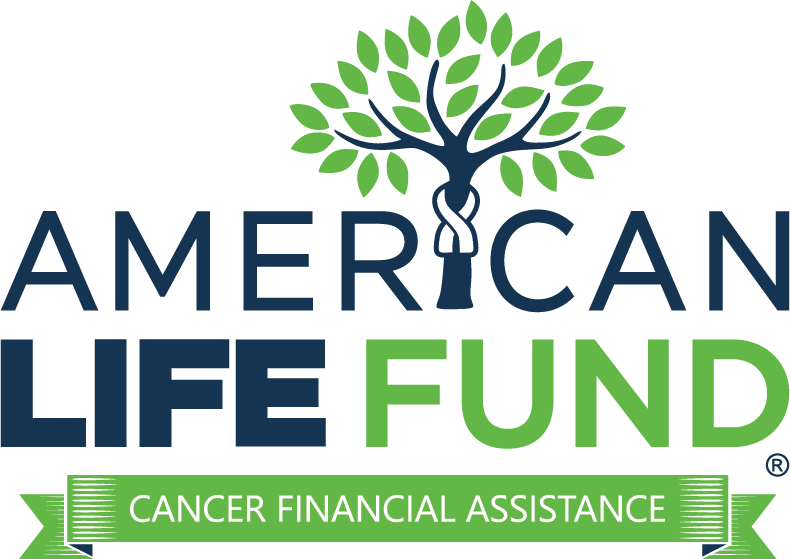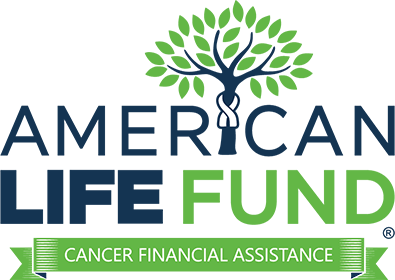Diagnosing esophageal cancer involves a combination of imaging tests and endoscopy to locate tumors and determine the cancer stage. The TNM system is commonly used, with T indicating tumor size, N showing whether cancer has spread to lymph nodes, and M representing metastasis to other parts of the body. Knowing the stage helps guide treatment options and estimate costs.
Symptoms of esophageal cancer can vary widely. Early stages might not show any signs, while advanced stages can lead to difficulty swallowing, weight loss, chest pain, and persistent cough. The costs of diagnosis and treatment vary depending on the stage. Diagnostic tests like x-rays and endoscopy can cost between $200 and $4,000, while surgery for early-stage cancer might range from $2,000 to $5,000. Stage IV treatments involving surgery and chemotherapy can cost up to $500,000.
Different treatment options are available, including surgery, radiation therapy, chemotherapy, targeted therapy, and immunotherapy. Each has its own costs and possible side effects. The patient’s overall health, treatment type, and personal preferences can affect the costs. For those needing financial assistance, organizations like American Life Fund offer support through existing life insurance policies, providing much-needed help during a challenging time.

Diagnosing Esophageal Cancer
The first step in treating esophageal cancer is, of course, getting an accurate cancer diagnosis. This usually involves a combination of imaging tests and endoscopy. Once the tumor is located, your doctor will stage the cancer to determine how far it has progressed.
The most common staging system for esophageal cancer is the TNM system. In this system, T refers to the size of the tumor, N refers to whether the cancer has spread to nearby lymph nodes, and M indicates if the cancer has metastasized (spread) to other parts of the body.
The cancer stage will play a big role in determining which treatment options are available to you and how much they will cost.
Symptoms of Esophageal Cancer
Symptoms of esophageal cancer can vary depending on the stage of the disease. In the early stages, there may be no symptoms at all.
Signs and symptoms of esophageal cancer include:
- Difficulty swallowing (dysphagia)
- Weight loss without trying
- Chest pain, pressure, or burning
- Worsening indigestion or heartburn
- Coughing or hoarseness
If you are experiencing any of these symptoms, it is important to see a doctor so that they can rule out other causes and properly diagnose your condition.
Costs For Diagnosing Esophageal Cancer
The cost of diagnosing esophageal cancer will vary depending on the methods used. Imaging tests like x-rays, CT scans, and MRI scans can range from $200 to $2000. Endoscopy procedures can cost anywhere from $1000 to $4000.
If your cancer is caught in the early stages, the cost of diagnosis and treatment will be lower. However, the costs will be higher if the cancer has progressed to a more advanced stage.
Types of Esophageal Cancer
Adenocarcinoma and squamous cell carcinoma are the two main types of esophageal cancer. Small cell carcinoma is an uncommon third type of esophageal cancer. These various kinds of cancer develop in distinct sorts of cells in the esophagus, with distinct methods of development and treatment needs.
Esophageal Adenocarcinoma
This esophageal cancer starts in the mucus-producing cells lining the lower part of the esophagus. Adenocarcinoma is more common in men than women and is most often diagnosed in people over 55. This form of cancer is most commonly linked with GERD, Barrett’s esophagus, and smoking.
Squamous Cell Carcinoma
This type of cancer starts in the thin, flat cells lining the upper two-thirds of the esophagus. Men are more susceptible to squamous cell carcinoma than women, and it is most often diagnosed in adults over the age of 55. This form of cancer is most commonly linked with tobacco use, excessive alcohol consumption, and a history of head and neck cancer.
Small Cell Carcinoma
This is a rare type of esophageal cancer that starts in the nerve cells of the esophagus. According to studies, small cell carcinoma is more common in men and is most often diagnosed in people over the age of 55. This form of cancer is most commonly linked with smoking and a history of lung cancer.
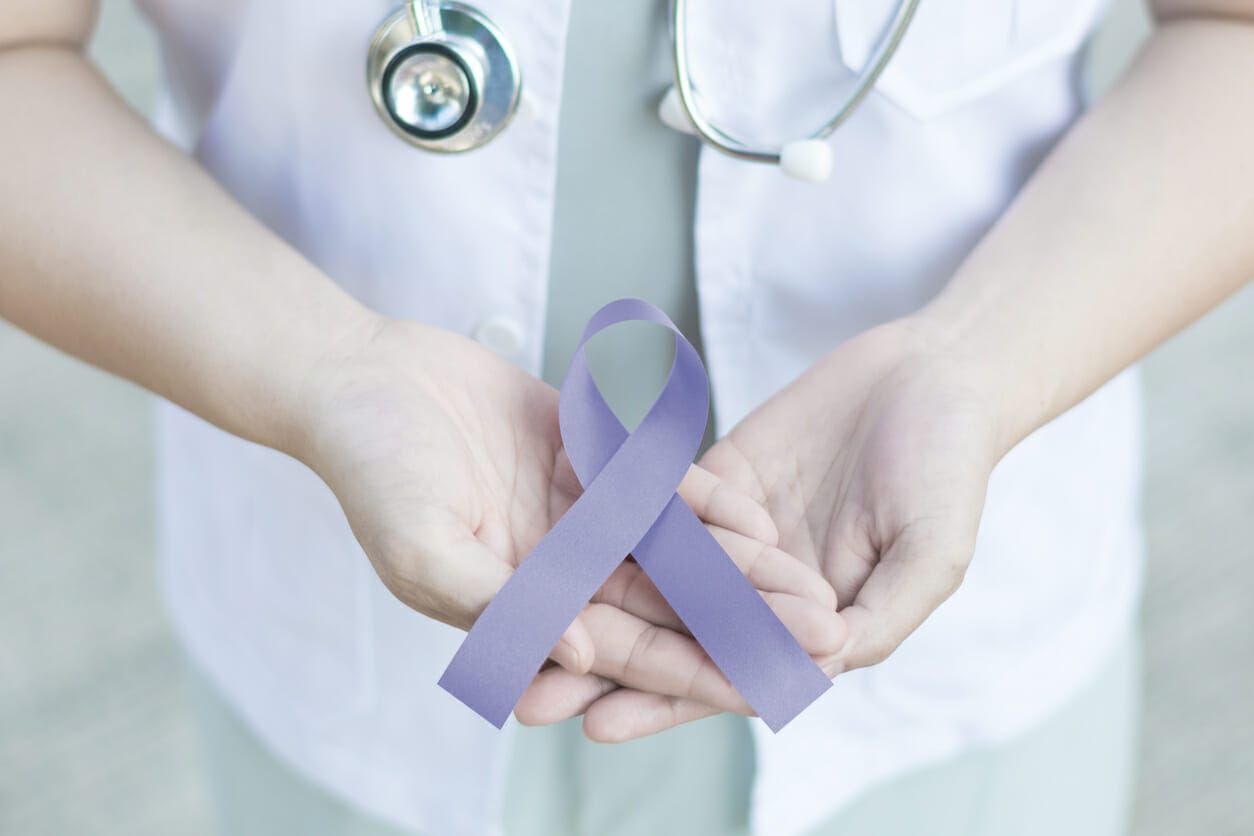
Esophageal Cancer Stages
There are five main stages of esophageal cancers:
Stage 0 Esophageal Cancer
This is the earliest stage of esophageal cancer. In stage 0, there are abnormal cells in the esophagus lining. These abnormal cells may become cancerous if they are not treated.
Stage I Esophageal Cancer
In stage I, cancer has spread from the esophagus lining to the deeper layers of tissue.
Stage II Esophageal Cancer
In stage II, cancer has spread from the esophagus to nearby lymph nodes.
Stage III Esophageal Cancer
In stage III, cancer has spread from the esophagus to distant lymph nodes or other body parts.
Stage IV Esophageal Cancer
In stage IV, cancer has spread to other body parts, such as the liver or lungs.
Esophageal Cancer Treatment Costs by Stage
The cost estimates of esophageal cancer care will vary depending on the cancer stage.
Stage 0 Esophageal Cancer Treatment
The standard treatment for stage 0 esophageal cancer is surgery to remove the abnormal cells. This surgery is called endoscopic mucosal resection (EMR) and can cost anywhere from $2000 to $5000.
Stage I Esophageal Cancer Treatment
The standard treatment for stage I esophageal cancer is surgery to remove the cancerous tissue. This surgery is called a partial esophagectomy and can cost anywhere from $20,000 to $50,000.
Stage II Esophageal Cancer Treatment
The standard treatment for stage II esophageal cancer is a surgical treatment to remove the cancerous tissue and nearby lymph nodes. This surgery is called a radical esophagectomy and can cost anywhere from $30,000 to $100,000.
Stage III Esophageal Cancer Treatment
The standard treatment for stage III esophageal cancer is surgery to remove the cancerous tissue and nearby lymph nodes, followed by radiation therapy. This treatment can cost anywhere from $50,000 to $250,000.
Stage IV Esophageal Cancer Treatment
The standard treatment for stage IV esophageal cancer is surgery to remove the cancerous tissue and nearby lymph nodes, followed by chemotherapy. This treatment can cost anywhere from $100,000 to $500,000.
As you can see, the cost of esophageal cancer care can be quite expensive. If you are diagnosed with esophageal cancer, it is important to speak with your doctor about your treatment options and the associated costs. You may also want to speak with your insurance provider to see their coverage for esophageal cancer treatment.
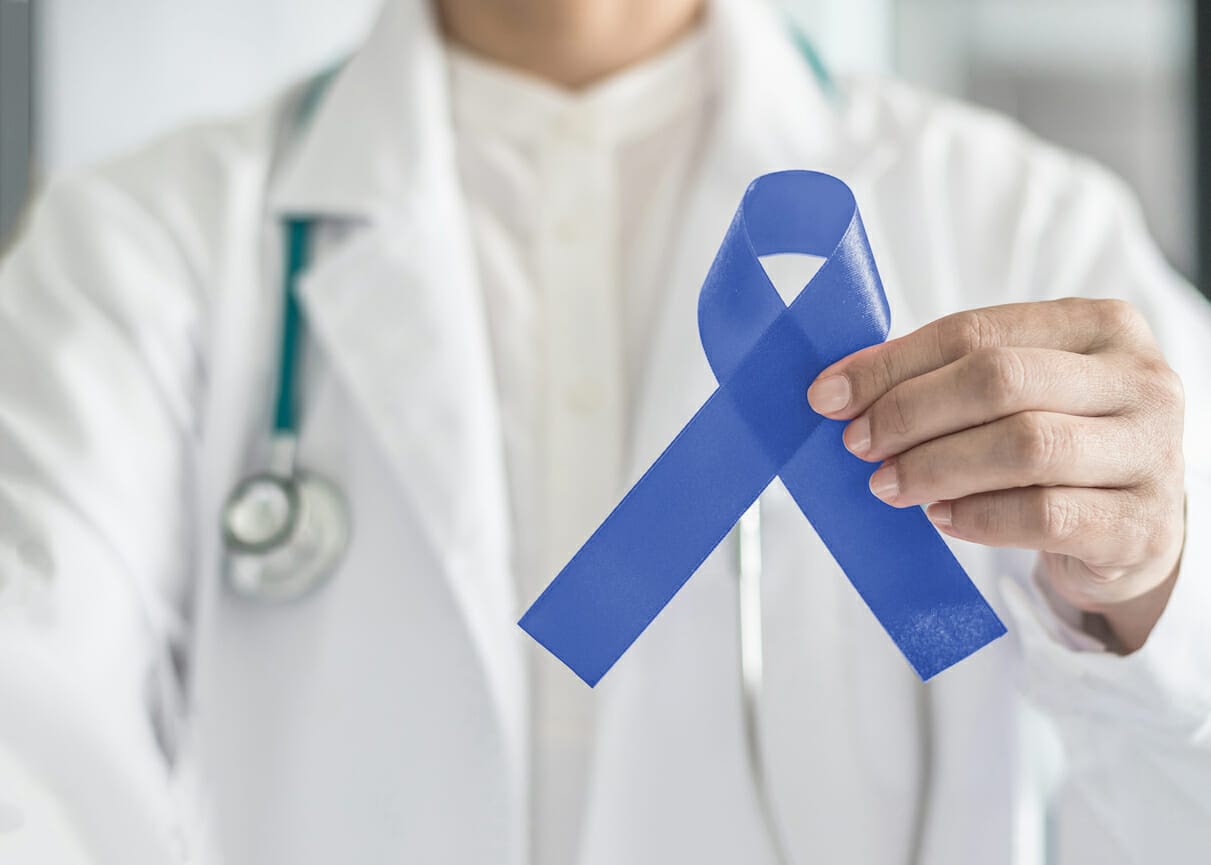
What Treatment Options Are Used For Esophageal Cancer?
There are many different treatment options available for esophageal cancer. The type of treatment you receive will depend on the stage of your cancer, your overall health, and your personal preferences.
Some common treatment options for esophageal cancer include:
Surgery:
Surgery is the most common treatment for esophageal cancer. Surgery may be used to remove the cancerous tissue and nearby lymph nodes.
The average cost of surgery for esophageal cancer is $30,000.
Radiation Therapy:
Radiation therapy uses high-energy beams to kill cancer cells. It is often used in combination with surgery.
The average cost of radiation therapy for esophageal cancer is $50,000.
Chemotherapy:
Chemotherapy uses drugs to kill cancer cells. It is often used in combination with surgery.
The average cost of chemotherapy for esophageal cancer is $100,000.
Targeted Therapy:
Targeted therapy uses drugs to target specific genes or proteins involved in cancer cell growth.
The average cost of targeted therapy for esophageal cancer is $150,000.
Immunotherapy:
Immunotherapy helps the body’s immune system to kill cancer cells.
The average cost of immunotherapy for esophageal cancer is $200,000.
Your doctor will work with you to create a treatment plan that is right for you.
What Are The Side Effects of Esophageal Cancer Treatment?
The side effects of esophageal cancer treatment will vary depending on the type of treatment you receive. Some common side effects of esophageal cancer treatment include:
Surgery:
The side effects of surgery for esophageal cancer include pain, bleeding, and infection.
Radiation Therapy:
The side effects of radiation therapy for esophageal cancer include fatigue, skin irritation, and diarrhea.
Chemotherapy:
The side effects of chemotherapy for esophageal cancer include nausea, vomiting, and hair loss.
Targeted Therapy:
The side effects of targeted therapy for esophageal cancer include fatigue, skin rash, and diarrhea.
Immunotherapy:
The side effects of immunotherapy for esophageal cancer include fatigue, fever, and chills.
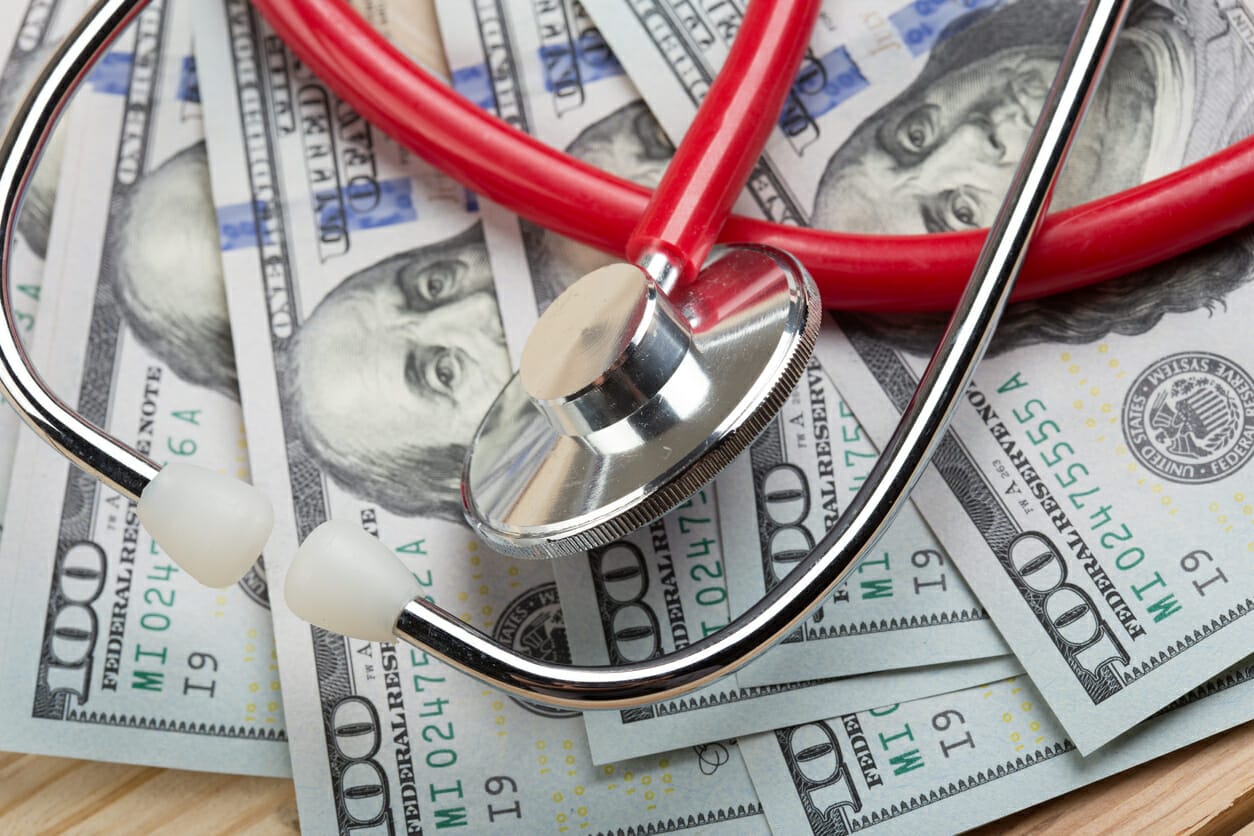
What Are The Different Factors in Determining Esophageal Cancer Treatment Costs?
The different factors in determining the treatment costs for esophageal cancer include:
Type of Treatment:
The type of treatment you receive will impact the cost of your treatment. The most common treatments are surgery, radiation therapy, chemotherapy, targeted therapy, and immunotherapy.
Stage of Cancer:
The stage of your cancer will also impact the cost of your treatment. The earlier the stage, the less expensive the treatment will be.
Overall Health:
Your overall health is an important factor in determining the cost of your treatment. If you have other health conditions, you may require more expensive treatments.
Personal Preferences:
Your personal preferences will also play a role in the cost of your treatment. If you prefer more natural treatments, they may be less expensive than traditional treatments.
Estimated Annual Treatment Costs For Esophageal Cancer
The estimated annual esophageal treatment costs range from $30,000 to $200,000. The exact cost of your cancer care will depend on treatment strategies and the above factors.
Is it Possible to Cure Esophageal Cancer?
The chances of curing esophageal cancer depend on the stage of the cancer. The treatment costs for esophageal cancer can vary greatly depending on the type and stage of cancer and the course of action taken.
In some cases, treatment may be minimal and involve only a change in diet or medication. However, more invasive treatments such as surgery or chemotherapy can be expensive. It is important to discuss your treatment options with your doctor and seek a second opinion if necessary to ensure you are getting the best possible care at an affordable price.
Organizations like American Life Fund offer esophageal cancer patients financial assistance through their existing life insurance policy.
One of the conditions covered by American Life Fund’s cancer insurance policy is esophageal cancer. With this coverage, you may reduce your discomfort levels and focus on getting better rather than worrying about how to pay for treatment. You can learn more about this plan and receive a free estimate on our website today. Check out our blog on financial assistance for esophageal cancer for more information.
